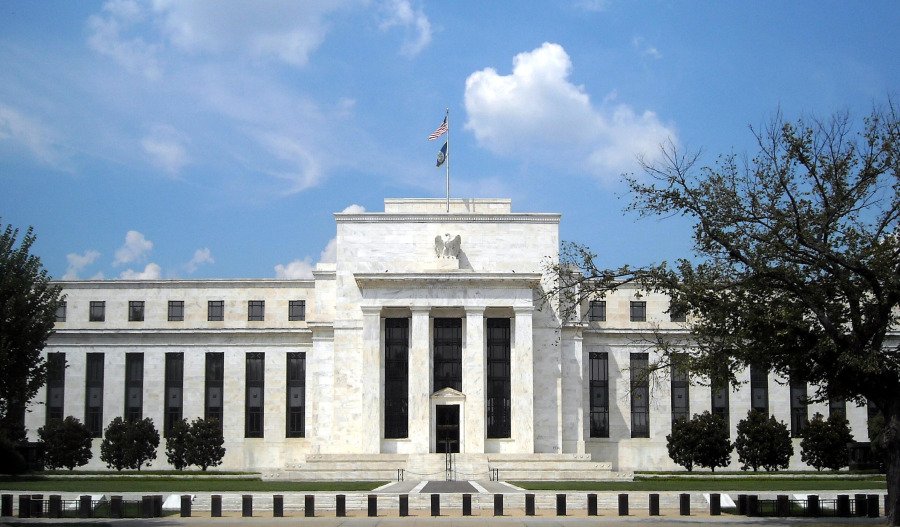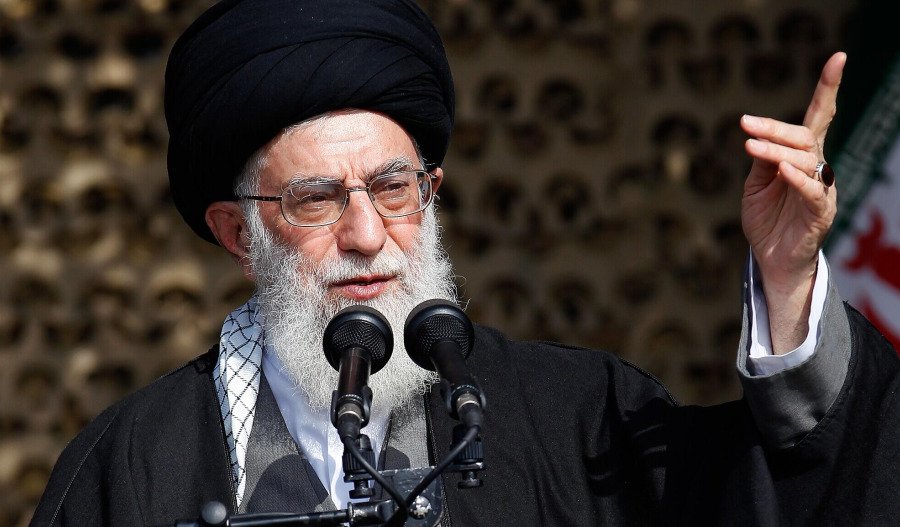Asia-Pacific markets declined in early Thursday trade, as investors weighed the Federal Reserve’s cautious policy stance and escalating geopolitical tensions between Iran and Israel.
By 11:15 am AEST (1:15 am GMT), Australia's S&P/ASX 200 slipped 0.1%, while Japan’s Nikkei 225 lost 0.8%, and South Korea’s Kospi 200 dipped 0.5%.
Investors in Australia are turning their focus towards fresh labour force data from the Australian Bureau of Statistics, with employment falling by 2,500 people in May. Markets were expecting a gain of 25,000 people.
However, the fall in employment, combined with unemployment falling by 2,600 people, resulted in an unchanged unemployment rate of 4.1% for May.
Meanwhile, in a widely expected decision, the U.S. Fed left its benchmark interest rate unchanged in the 4.25% to 4.5% range, where it has remained since December.
Chair Jerome Powell reiterated that the central bank would adopt a wait-and-see approach before making any further policy adjustments, particularly as tariffs under President Donald Trump begin to influence inflation data.
Despite holding steady for now, the Fed’s Summary of Economic Projections continued to point to two rate cuts later this year, which provided some measure of support to risk assets.
On Wall Street, major benchmarks closed little changed. The Dow Jones Industrial Average fell 0.1%, the S&P 500 ended flat, and the Nasdaq Composite edged up by 0.1%.
Geopolitical concerns remained front and centre, with U.S. President Donald Trump reportedly convening his national security advisers in the White House Situation Room for the second time in two days, amid heightened tensions between Iran and Israel.
According to reports, Trump has approved military options for a potential strike on Iran but has not yet issued a final order, pending developments on Tehran’s nuclear posture.
Additionally, Iran’s Supreme Leader Ayatollah Ali Khamenei warned the U.S. of “irreparable damage” if it intervenes militarily in the escalating Iran-Israel conflict.
In commodities, Brent crude rose 0.3% to settle at a fresh five-month high of US$76.70 per barrel, as concerns over potential supply disruptions in the Middle East lifted energy markets. Spot gold, by contrast, eased 0.6% to US$3,369.30 per ounce as traders pared back safe-haven bets.
Chinese equities were broadly steady, with the Shanghai Composite flat at 3,337.4 and the CSI 300 easing 0.1% to 3,870.4.
Hong Kong’s Hang Seng Index underperformed, dropping 1.1% to 23,710.7. India’s BSE Sensex also edged lower by 0.2% to 81,444.7.
European markets also delivered a mixed performance. London’s FTSE 100 rose 0.1% to 8,743.5, while Germany’s DAX dropped 0.5% to 23,317.8, and France’s CAC 40 fell 0.4% to 7,656.1.



